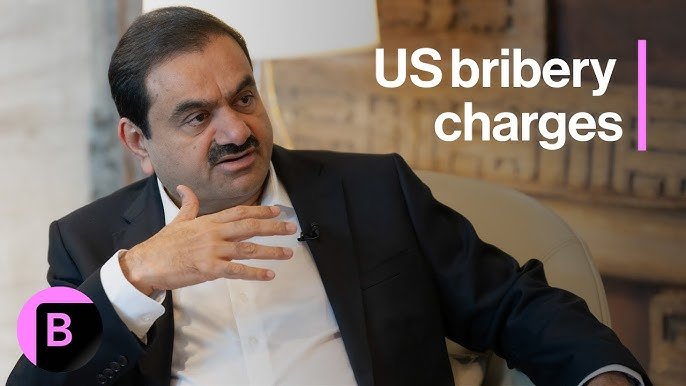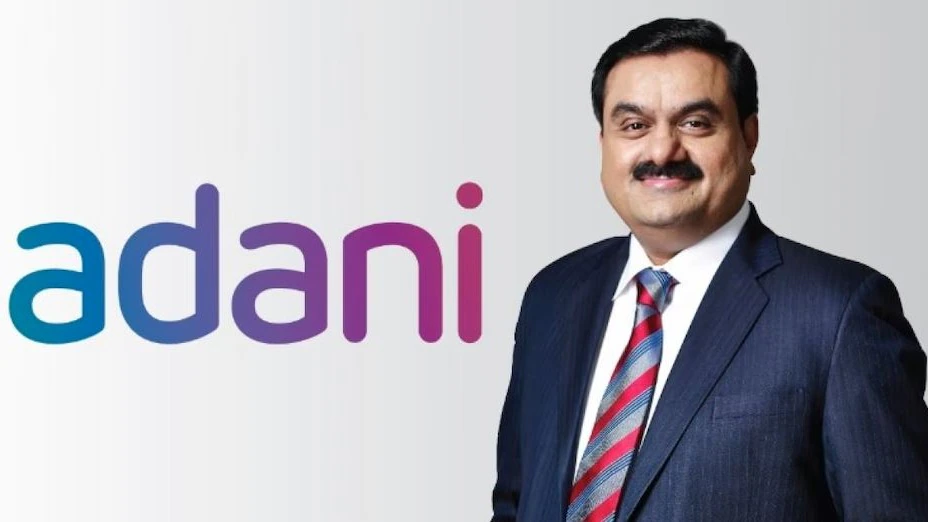With his latest comments on labor regulations and social programs in India, Chairman and Managing Director of Larsen & Toubro (L&T) SN Subrahmanyan has sparked debate.
According to his remarks, government support programs make workers reluctant to work or migrate. He suggests that such programs discourage hard effort by blaming falling mobility among construction workers on social safety nets.
This viewpoint, meanwhile, ignores the historical relevance of worker rights, the part social programs play in lowering poverty, and the possibility of exploitation when these protections are undermined.
Given L&T’s past of pay inequity, managerial mistreatment, and claims of worker exploitation, Subrahmanyan’s position begs major questions regarding labor rights in India.
If carried out, his ideas might turn decades of trade union and labor rights movement progress backward and drive workers into further precarity.
A Discount of Historical Labor Struggles
Subrahmanyan’s remarks clearly show a disrespect for trade unions’ historical battles and successes.
Labor movements all around have battled long and hard to guarantee fundamental rights such fair salaries, acceptable working hours, and safe working conditions.
Labor laws first arose in India following years of campaigning and worker sacrifices meant to stop the exploitation by strong corporations.
Subrahmanyan lessens the importance of these battles by supporting the elimination of assistance programs and laws.
His opinions coincide with the corporate goal for an open labor market whereby companies maximize profits at the expense of worker rights.
Such deregulation historically has resulted in exploitative conditions like child labor, bonded labor, dangerous workplaces, and severe pay suppression.
A fair labor system is based on safeguards against workers being compelled into subhuman conditions. Striking away these rights would not only undermine earned successes but also send the labor back into a situation of great insecurity.
The Danger of Employment Abuse
Reducing welfare programs and labor restrictions would let more people be exploited. These rules are meant to stop businesses from enforcing too long working hours, pay cuts to unsustainable levels, and disregard of occupational safety.
Without these protections, workers would be at the whim of their companies and without legal action against mistreatment they would have nowhere.
An prolonged workweek endorsed by Subrahmanyan epitribes this exploitative attitude. He has lately voiced sadness for not being able to have his staff work on Sundays.
“I regret I am not able to make you work on Sundays,” he said famously. Reflecting a disrespect for work-life balance and reasonable working circumstances, if I can make you work on Sundays, I will be more happy.”
Encouragement of a culture whereby workers are expected to work 90-hour weeks—or perhaps seven days a week—erodes fundamental labor rights.
Severe health hazards associated with this intense work ethic include burnout, mental tiredness, and heart disorders. Studies have demonstrated that overworking staff members usually leads in lower efficiency and higher attrition rates rather than necessarily increased output.
Growing Income Inequality at L&T
The problem of income disparities at L&T emphasizes even more the need of labor laws and welfare regulations.
While new grads and mid-level workers have seen flat pay growth, Subrahmanyan and other top executives have savored exponential income rises.
Reflecting a 43% rise from the year before, Subrahmanyan’s whole pay shot to ₹51 crore in the financial year 2023–24. Now, his pay is shockingly 535 times more than L&T staff median pay, which comes at ₹9.55 lakh annually.
Moreover, L&T’s managerial pay rose by 20.38%, while the average pay rise for normal employees was only 1.74%. This widening disparity between top executives and regular workers emphasizes how companies give their leadership first priority while ignoring reasonable pay for the larger workforce.
This trend of corporate avarice—where CEOs and high-ranking executives gain enormous fortune while maintaining wages flat for lower-level employees—reflects disturbing tendencies.
Eliminating labor regulations would simply help to widen the disparity since companies would have even more authority to lower pay and deny workers benefits.
Underpayment and Managerial Abuse Reports
Beyond the pay difference, other accounts of managerial mistreatment at L&T point to an exploitative atmosphere. Investigative reports, labor rights groups, and employee evaluations have brought ethical issues inside the corporation under discussion.
Certain employees have claimed that their pay falls short of the minimum wage, therefore breaching labor rules.
Reports also point to cases when supervisors disregarded safety rules and pushed staff members into unpaid overtime, so abusing their power.
Such policies draw attention to the need of rigorous labor regulations and effective execution of them. Employees, particularly those in vulnerable roles, have no legal remedy against unjust treatment without them.
Subrahmanyan’s advocacy of deregulation would only help businesses to further exploit their employees.
The Part Welfare Programs Play in Worker Protection
Welfare programs are meant to offer a safety net against extreme poverty, not to make people “lazy,” as Subrahmanyan alleges.
Many of these initiatives, including the Mahatma Gandhi National Rural Employment Guarantee Act (MGNREGA), seek to guarantee workers a minimum degree of income and job stability.
Welfare programs are a major source of financial stability for many workers, especially in hard times economically.
For example, the COVID-19 epidemic made clear how important such programs are since millions of people lost their employment and depended on government help to survive.
Corporate leaders such as Subrahmanyan should recognize their part in lowering inequality and making sure people are not driven into exploitative situations out of pure desperation instead of disparaging assistance programs.
From the Global View: Why Worker Protections Count
Strong labor regulations generally translate into better economies and more fair societies for a nation.
Strong labor regulations in nations including Germany, Sweden, and Canada guarantee workers receive just pay, acceptable working hours, and safe environments.
These nations also have greater living standards and higher productivity rates, therefore demonstrating that worker safeguards support sustainable development rather than impede economic growth.
On the other hand, countries with lax labor laws—like Bangladesh and other areas of the Middle East—are infamous for their exploitative working conditions, great wealth inequality, and low worker satisfaction.
Subrahmanyan’s worldview more closely fits these exploitative models than it does progressive labor regulations that empower workers and boost national economy.
Finally, a plea for more robust labor protections.
For worker rights in India, SN Subrahmanyan’s position on social programs and labor legislation marks a perilous turn back.
Fair wages, employee well-being, and economic justice are seriously threatened by his disrespect of historical labor fights and support of too demanding work hours and deregulation.
The reports of managerial exploitation, the widening wealth gap inside L&T, and the indispensible importance of social programs all point to the reasons labor laws have to be reinforced rather than eliminated.
Corporate executives should support fair salaries, ethical work environments, and sustainable labor rules that help workers as well as companies rather than advocating for deregulation.
Labor rights have been a protracted and difficult campaign. We must not let business interests destroy the rights workers have battled for over decades. India’s workforce is deserving of dignity, respect, and a fair portion of the economic growth they enable.
Stay Connected and Share Your Stories
For all those inspired by stories of resilience and ambition, follow us on X/Twitter and on Instagram . For those with untold stories that you would love to share, please send them to contact@thephilox.com




